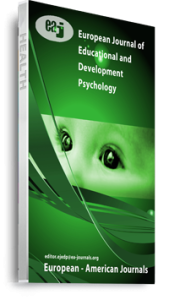Globally, soft skill is a sought-after skill in the workplace. While this is obtainable and trendy at the global level, Nigeria should not be an exception. Hence, the present study developed Soft Skill Scale (SSS) for educational and industrial use in Nigeria. Triangulation research design based on Classical test theory was used to sample 887 participants from both educational and industrial sectors in Nigeria. One hundred and fifty (150) initial items of SSS were developed. Through Principal Component Analysis (PCA), the items were reduced to 110 at pilot study and 69 at post field level. To further affirm the validity of the instrument, a post-pilot study was carried out on 347 respondents. Analysis was done with factor analysis, Pearson Product Moment Correlation as well as Cronbach Alpha method. The findings of the study showed that 69 items loaded into the five factors. This includes communication 14 items, Organization 14 items, Teamwork 21 items, Creativity 7 items and Adaptability 13 items. Subscale-total correlation at both post-field and post-pilot phases yielded 0.73/0.61, 0.83/0.84, 0.89/0.85, 0.76/0.68, and 0.65/0.63 for communication, Organization, Teamwork, Creativity and Adaptability respectively. Cronbach Alpha reliability for full SSS was .96 at post-field and 0.95 at post-pilot phase. The post-pilot validity check all affirmed that SSS was highly valid. Based on this, it was recommended among others that SSS should be recognized and used in school and industrial settings.
Keywords: Reliability, Soft Skills, Test, validity

